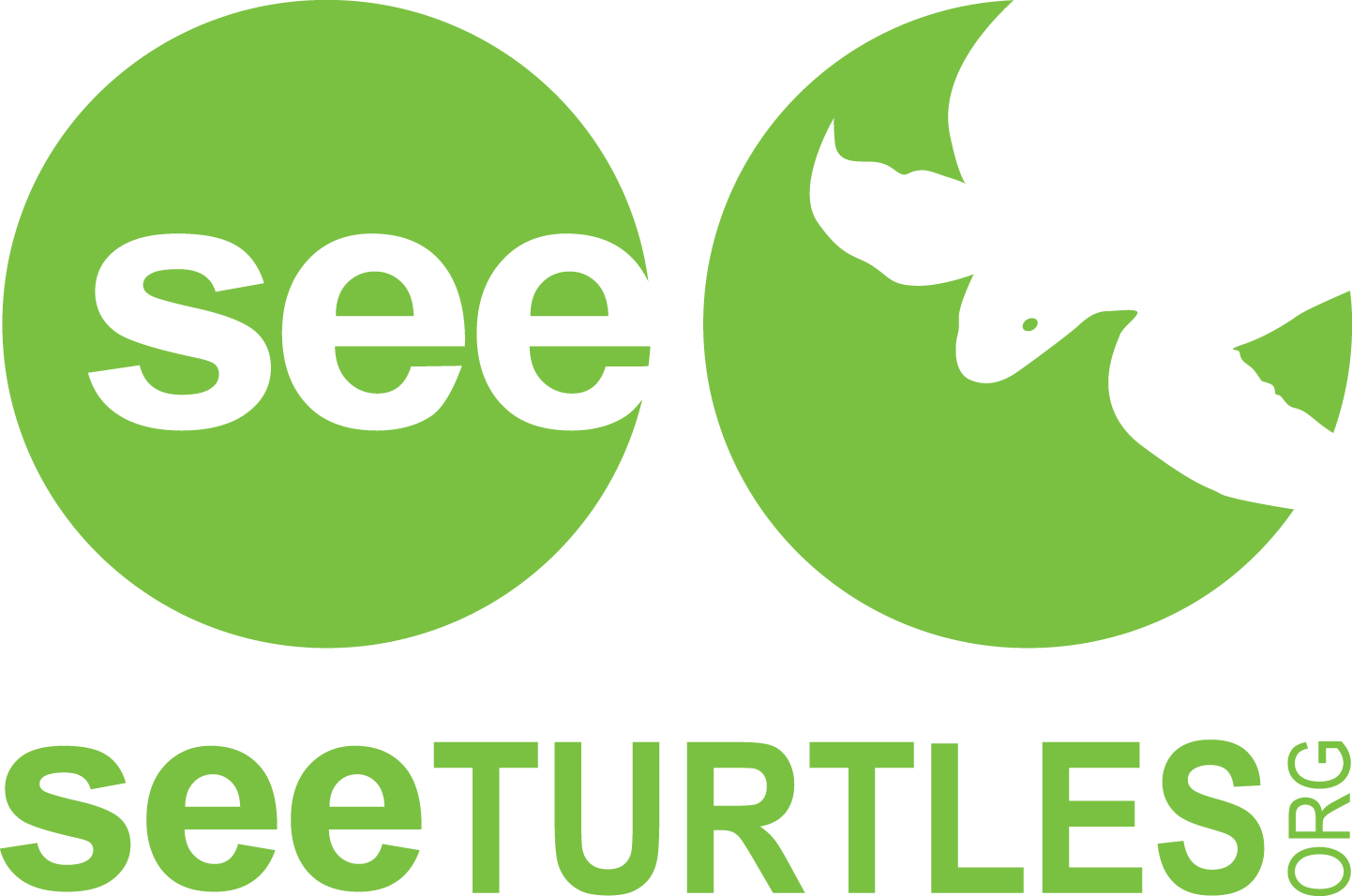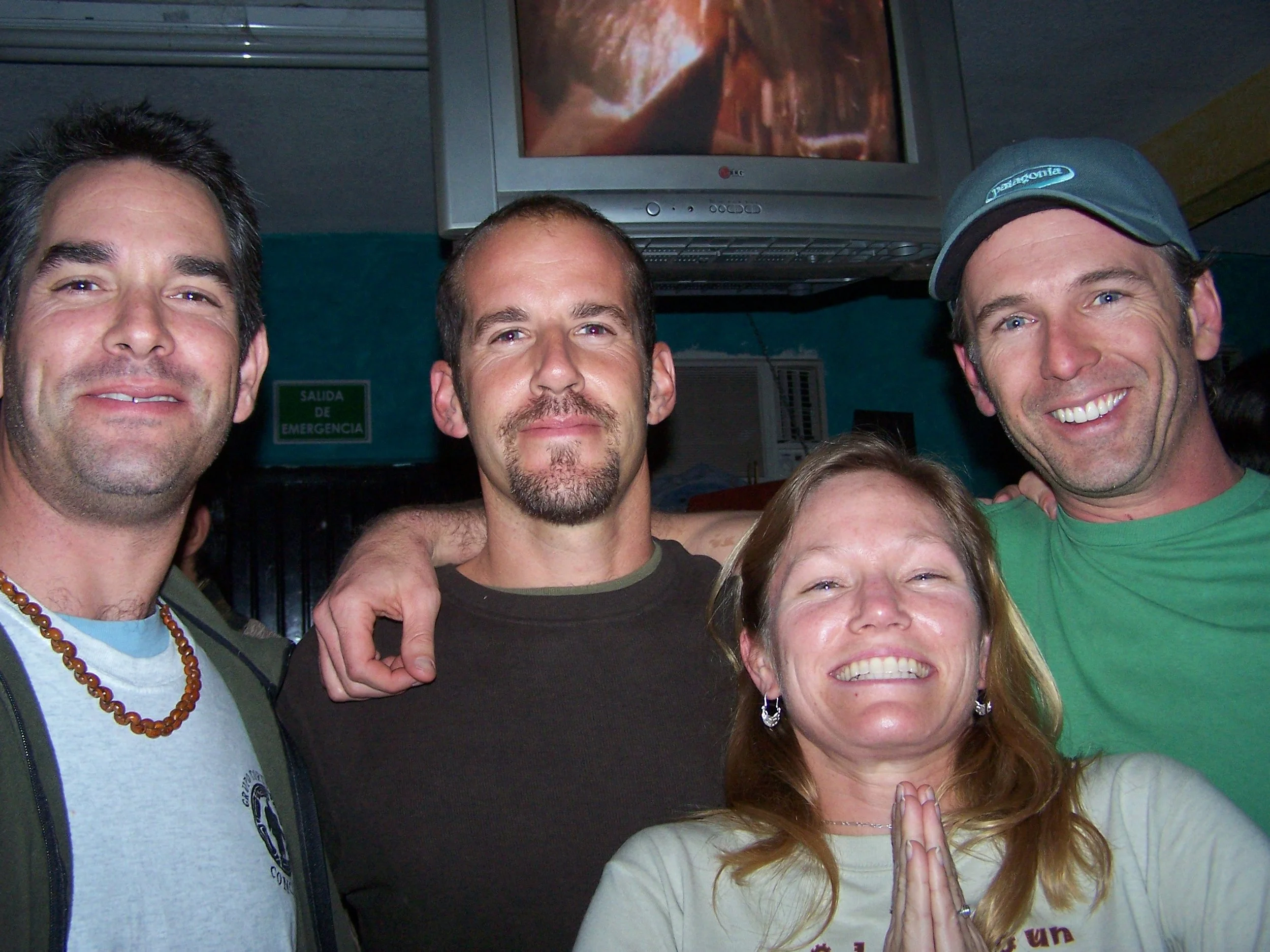J. Nichols & The Science Exchange
By Katherine Comer Santos
On personal level, J had a way of talking to you with those sky-blue eyes that made you feel that he was on another planet looking through your soul at what is best for you, like a crystal ball of blue. His voice was like an adolescent’s, soft and somewhat scratchy around the baritone. He chose words carefully and each word was important, you clung to them, waiting for your sign. What idea is he going to give me now? There was no one he didn’t hug. After the serious conversations about life, he would double over in laughter and take a tequila shot with you. Every time he spoke at a conference or event he inspired us and almost every time I cried. He was a true Renaissance man – musician, scientist, speaker, artist, writer, and groundbreaker. He and his wife Dana walked from northern California to Cabo San Lucas along the coast when they were young. Because he was such a superstar, people like myself didn’t want to let him down. So without any prodding, he got us to do his heavy lifting. That’s what a teacher does. He taught us all to go for the gold. Be crazy. He probably has thousands of devoted students including hundreds of fishers whose lives are intertwined with his and his family’s, all over Mexico, but especially Baja. The word “family” – his girls – his friends – his Tortugueros - was really powerful when he said it. Sin verguenza he put his heart in his hand and held it out for everyone to see.
At least that is how I remember him.
On a professional level, I want to share this essay I wrote in 2021, for which he received the Elizabeth Becker Award (cash) for mentorship in the field of psychology. It is similar to so many stories of non-profits and other programs he helped start. I am so happy he got to read it.
“I have been a long-time student of my mentor Dr. Wallace “J” Nichols. Although he may not take credit for it, Dr. Nichols is the reason that my non-profit organization, the Science Exchange, exists. The mission of the organization is to provide mentorship to undergraduates and graduate students with the goal of creating the next generation of leaders who can tackle global conservation issues such as the health of our oceans.
At the Middlebury Institute, Dr. Nichols’ current research involves the neuroscience of how water affects the human brain. A quote from his book Blue Mind sums up his teachings: “Our wild waters provide vast cognitive, emotional, physical, psychological, social, and spiritual values for people from birth, through adolescence, adulthood, older age, and in death; wild waters provide a useful, widely available, and affordable range of treatments healthcare practitioners can incorporate into treatment plans,” (Nichols 2014).
However, Dr. Nichols has a long list of additional accomplishments. Nichols holds a B.A. degree from DePauw University in Biology and Spanish, an M.E.M. degree in Natural Resource Economics and Policy from Duke University, and a Ph.D. degree in Wildlife Ecology and Evolutionary Biology from the University of Arizona. He received a Bradley Fellowship to study the impacts of sea level rise at Duke University Marine Lab, a Marshall Fellowship to study at the University of Arizona, and a Fulbright Fellowship to study at the Universidad Autonoma de Mexico marine station in Mazatlan. In 2010 he also received an honorary doctorate in science. He has authored more than 200 scientific papers, technical reports, book chapters, and popular publications; lectured in more than 30 countries and nearly all 50 states; and appeared in hundreds of print, film, radio, and television media outlets. His reach is far and diverse as he keeps teaching the science of Blue Mind.
I first met “J” in 2004 when we designed and analyzed a survey of residents who would be impacted by a marine reserve in a bay in Mexico, asking their views on what benefits the natural reserve would have for the community. With his support we turned the findings into a book chapter and two conference presentations. I was thrilled when he invited me to join him at my first professional conference (Grupo Tortuguero de las Californias) in 2005. At the conference I met many people that work hard to help ocean health (researchers on marine pollution, overfishing, climate change) and at the same time support the economic needs poor fishing communities. But these researchers were suffering from lack of on-the ground field workers and funding.
That experience with Dr. Nichols inspired me to start the Science Exchange Internship program. I had the idea of helping researchers by involving undergraduates and graduate students who needed academic credits, and Dr. Nichols supported me 100%. We worked together to create the non-profit organization and he was my first board member. We have had students in science, psychology, business, and international studies. The internships not only have helped students, but their research results have impacted the community at large by changing the way field conservation programs work and providing valuable data and suggestions to improve their efficiency. The Student Personal Narrative Part II provides quantitative data on those societal impacts.
J has been through many trials in his life. Raised by adoptive parents, he contracted spinal meningitis as a child, which sparked an interest in medicine. As a graduate student he was told his research topic – sea turtles – was pointless because there were not enough animals left, but that did not stop him. Last year J’s family house was destroyed in the California wildfires. Throughout this painful and stressful process of rebuilding he follows his own teachings of keeping a blue mind. Despite the obstacles he faces, J continues to be a leader for his students around the country and the globe even in these times of economic distress. His oldest daughter whom I have known since she was a baby is now in college.
I could not have started this organization without Dr. Nichols. I would not have chosen it as my principal occupation without his encouragement. More importantly, I would not have been successful in mentoring the 108 interns that have come out of this program without his advice and leadership. In turn, the Science Exchange is the reason that the students continue to promote ocean health in their careers, becoming leaders in their own right. One hundred and eight is a conservative number of people affected by the program. I believe that this impact has benefitted not only the students, but society at large. We do outreach to about 10,000 people a year through social media, newsletters, and presentations at universities and conferences. The volunteers, supervisors and students’ networks benefit. After all, the world needs more leaders who understand how conservation of the oceans works in the real world, not just on paper. “The world’s ocean and all waterways, including lakes, rivers, and wetlands (collectively, blue space), cover over 71% of our planet. Keeping them healthy, clean, accessible, and biodiverse is critical to human health and well-being,” (Nichols 2014). The work we do doesn’t stop at the beach but continues 1000’s of miles to the middle of the sea and 1000’s of meters to the tops of mountains. It doesn’t stop at our U.S. borders but continues around the globe. You can’t care for the ocean unless you love it. To be in it, near it, hear it, see it is to love it. Because water makes us healthier and happier. That is what Dr. Nichols has taught us. And we will keep on teaching it.”
J, I wish you and your family peace, happiness and water. You will always be in our hearts.
From left: Jeff Seminoff, Hoyt Peckham, Katherine, and J.







